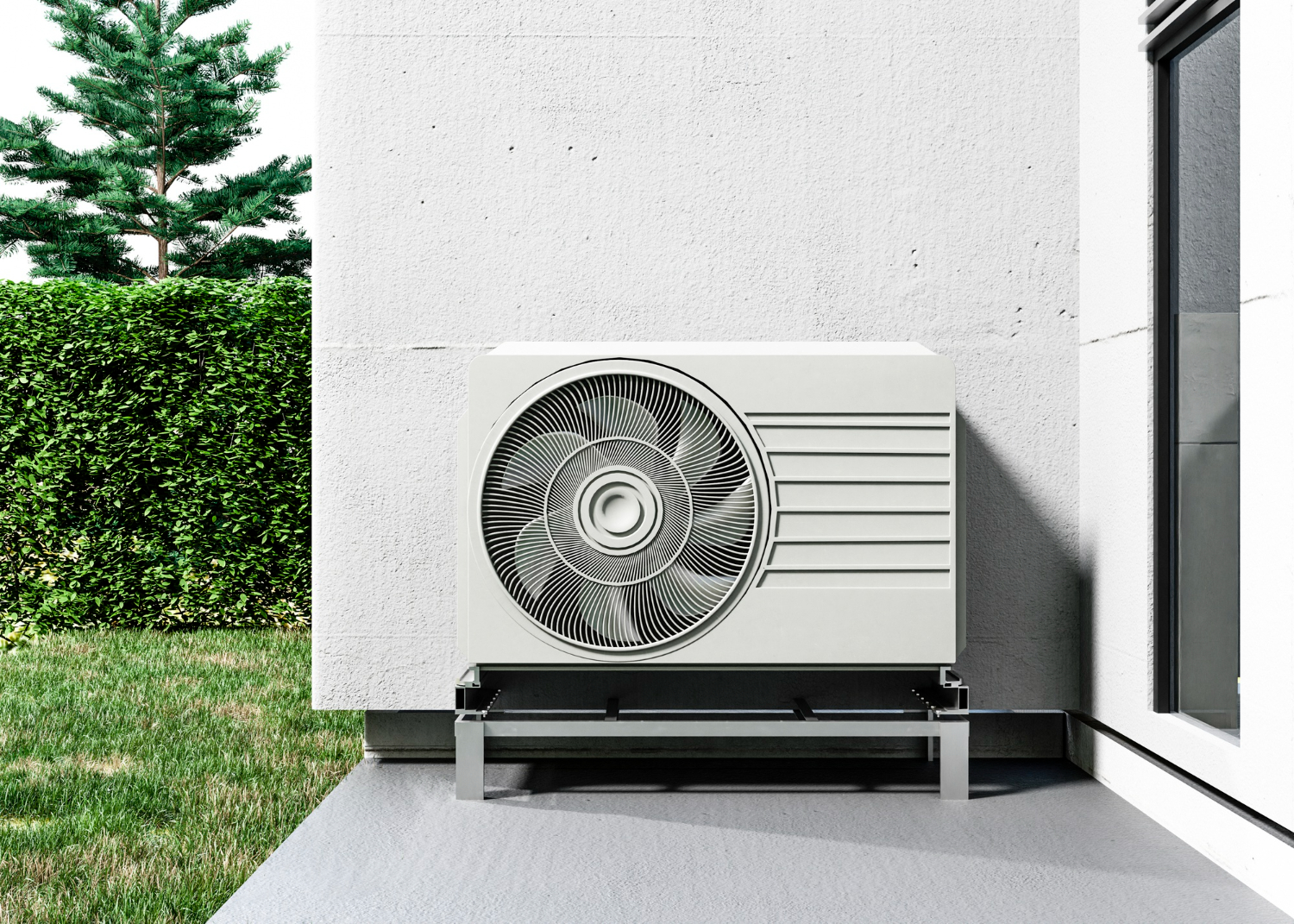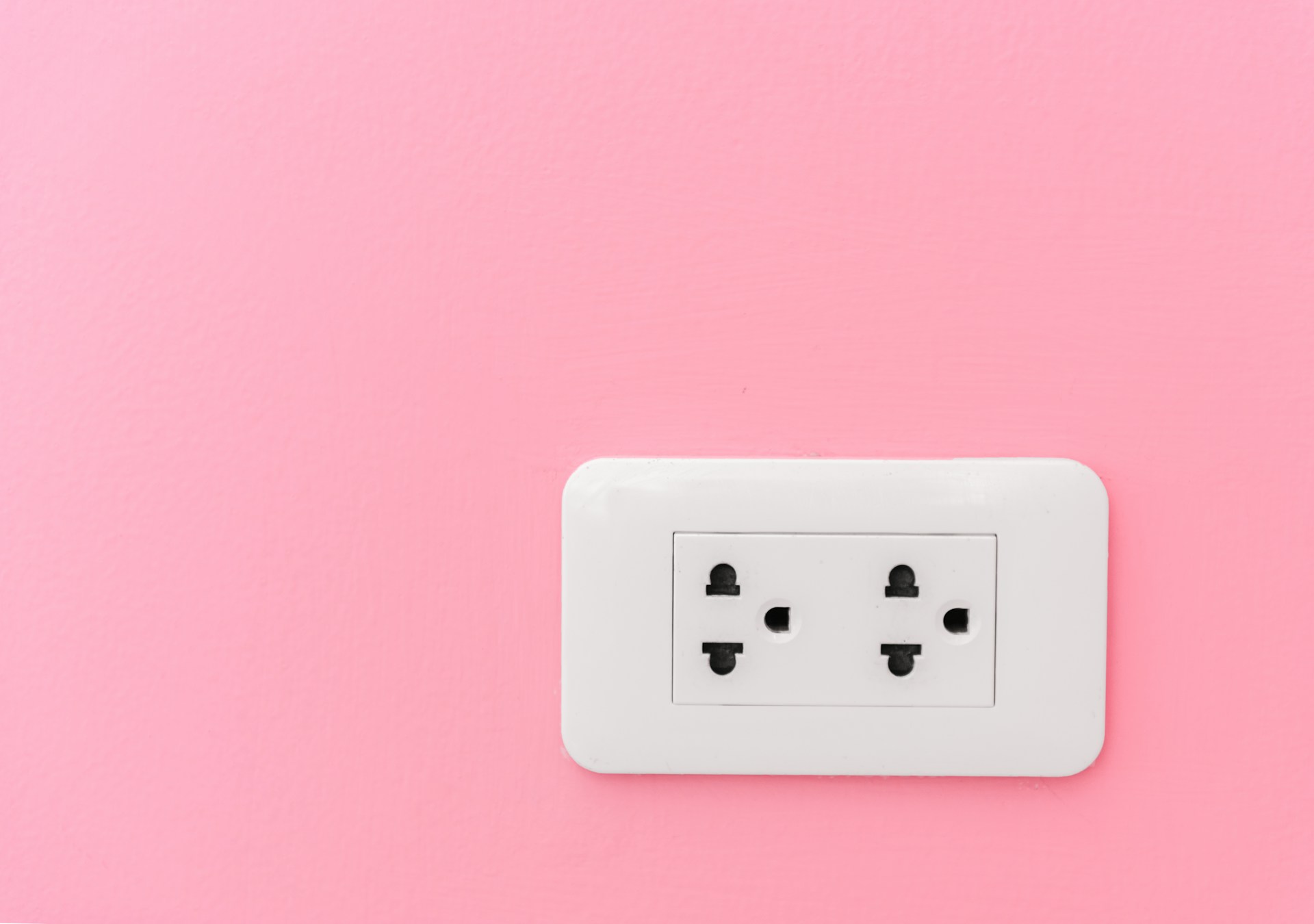
Dealing with Solar Inverter Error Codes in Concord

Solar energy offers long-term savings and energy independence, but like any system, it is not perfect. One frustrating issue homeowners in Concord face is when their solar inverter suddenly displays error codes. Most people do not plan for these interruptions, especially when the panels seem to be working fine. But those blinking lights and unfamiliar messages can signal problems that need quick attention to avoid reduced efficiency or even complete system failure.
If you are noticing error codes on your inverter, it likely means there is a problem with how power is converting or flowing through your system. These issues do not always point to a major failure, but identifying them early can save time and prevent more damage. Whether it is happening after a storm or during a normal sunny day, understanding what those codes mean and knowing when to act can make a big difference in how well your system performs. Consistent energy output starts with a properly functioning inverter.
Understanding Solar Inverter Error Codes
Every solar inverter is built to protect itself and your home by running checks on how electricity flows. When something goes wrong, the unit flashes or displays a code that gives a hint about the problem. Some codes are easy to understand, while others need a closer look from our technicians.
Most inverters have built-in software that watches how voltage, current, and temperature behave. If any go beyond safe limits, the inverter shuts down briefly and issues an error message. It is similar to how breakers trip when circuits get overloaded. These codes can appear once or show up often, depending on the cause.
Here are some common inverter error code categories homeowners in Concord might see:
- Grid voltage issues: These occur when the incoming voltage from the utility company fluctuates too much. Your inverter will stop sending power to the grid until the conditions look stable.
- Overheating warnings: Inverters that run hot for too long will slow down or shut off to protect the internal components. These codes often appear in hot outdoor installations with poor airflow.
- Ground fault warnings: If a wire or panel is leaking current to the ground, your inverter will detect it and issue a code. This helps prevent shocks or system damage.
- Internal errors: These include sensor malfunctions, firmware bugs, or memory faults. Some of these can clear up after a reboot, but others may require a service visit.
Each brand of inverter uses its own labels and error code formats, which can range from numbers and letters to full messages. For example, one Concord homeowner saw a GFI Fault message appear every day at noon. Our technicians found a cracked wire casing caused by years of sun exposure, shorting the circuit during peak generation.
Reading the manual helps, but it is not always enough. If the same code keeps coming up or the power output drops suddenly, it is time to take action.
Common Causes Of Solar Inverter Errors
Living in Concord means enjoying an energy-friendly climate for solar panels, but it also means dealing with real-world challenges like heat, dust, and aging systems. When error codes start showing up regularly, one or more of these causes could be to blame:
1. Poor solar panel connections
Sometimes a connector between the panel and the inverter loosens or corrodes. This breaks the flow of power, triggering inverter alerts.
2. Old or underperforming wiring
Wiring installed years ago might not carry power efficiently anymore. Heat, ground shifts, or even rodents chewing cables can damage lines without warning.
3. Inadequate installation practices
If your solar panel installation in Concord was not done properly, it can lead to loose cables, poor grounding, or overloaded inverters. Over time, these small issues create system-wide faults.
4. Overloaded inverters
Inverters have a limit to how much power they can convert at once. If system upgrades or added panels push it beyond its capacity, it will shut down and issue a warning.
5. High temperatures and environmental wear
Extended exposure to sun, pollen, leaves, or dirt buildup can cause panels and inverters to overheat or underperform. This is especially common in units mounted without enough airflow or shading protection.
6. Grid instability in the local area
Voltage imbalances from the grid itself can throw off your inverter. When the grid becomes unstable, the inverter has no choice but to disconnect for safety.
These causes are not always obvious without testing equipment. What looks like a performance dip might be a sign of a deeper issue that needs more than a reset. Systems affected by one small thing, like dirt buildup or a pinched wire, can lose a lot of efficiency if left unchecked. Catching the problem early helps extend the life of your entire setup.
Steps To Troubleshoot Solar Inverter Error Codes
When a solar inverter in your Concord home starts flashing error messages, you do not always need to panic, but you do need to act. Some issues may be simple to spot, and knowing what to check can help control the situation while you wait for our technicians to take over.
Here are some steps homeowners can take before calling for support:
1. Check the inverter display or monitoring app
Get the exact error code, message, or warning shown. Keep a record of what you see, the time of day, and any changes in panel output.
2. Inspect for obvious issues
Look around the inverter and panel array for physical damage. Burn marks, disconnected wires, loose panels, or broken conduit may be signs of a larger problem.
3. Review the inverter manual
This may help decode what the specific error means. Not every message is detailed, but it can offer a place to start while you wait for a technician.
4. Reset the inverter
Some temporary faults can clear up after a reset. Use the inverter's on and off procedure. Most models require switching off the AC breaker first, then the DC disconnect. Wait a few minutes, then reverse the process to restart.
5. Monitor output after restart
Once everything powers back on, check the inverter status. If the code comes back right away, avoid repeated resets, as this may stress the system.
6. Document changes
If performance drops or codes shift throughout the day, make note of those patterns. This will help our technicians zero in on the problem faster.
Be careful not to touch any electrical components inside or behind the inverter panel. It is built to handle high-voltage current and should only be opened by a trained technician. Resetting can help, but if the same codes keep returning or you lose solar power completely, more in-depth troubleshooting is needed. Leaving problems unresolved can shorten the life of your system and lead to more frequent shutdowns.
When To Contact A Professional
There is a point when checking error messages and rebooting is not enough. If your inverter keeps shutting down or error codes get more frequent, it is time to reach out. Waiting too long could lead to extended system downtime or long-term component failure.
These signs usually mean it is time for help:
- You have reset the inverter, but the same error reappears within a day or two.
- The solar system is generating far less energy than usual with no clear cause.
- You hear unusual sounds like clicking or buzzing coming from the inverter.
- Error codes mention an internal fault or ground failure.
- Nearby storms, outages, or surges happened recently and now your inverter will not start back up.
Working with our technicians in cases like these gives you access to the tools and training required to fix the issue safely. We diagnose hardware-related issues, test wiring paths, and inspect grounding and grid connection integrity. We also carefully verify that safety shutoffs and sensors work the way they should.
Timely service does not just stop the error, it protects your solar system from stress that can build over time. Our professionals can often find less obvious problems before they grow into more serious damage. Whether it is a firmware bug or a wiring concern, taking care of an issue right away helps ensure your solar power keeps flowing without gaps.
Ensuring Smooth Solar Panel Operation In Concord
Preventing inverter error messages does not have to be complicated. Like any high-performance system, solar panels and inverters need occasional attention to keep doing their job well. A bit of scheduled maintenance can slow down wear and help you spot early warning signs before they interrupt your home’s energy supply.
Here are a few tips to help reduce the chance of future inverter errors:
- Keep panels and inverters free of debris or leaf buildup
- Trim nearby trees to limit root or branch contact with cabling
- Make sure airflow around the inverter is not blocked
- Avoid overloading the system when adding new energy demands
- Use monitoring tools to track system output over time
If your home has recently had additions or electrical changes, it is a good idea to double-check how they interact with your solar setup. Even small adjustments, such as adding new appliances or outdoor lighting, can affect system balance and trigger inverter warnings if not factored in properly.
Staying on top of solar panel care means fewer power dips, better reliability, and longer system life. Homes in Concord that follow a steady upkeep plan tend to face fewer inverter issues and maintain stronger output levels year-round. If your inverters have been giving warnings or if performance has taken a drop, getting it checked can help you keep energy problems out of your way.
Green Air Heating and Air Conditioning, Inc. understands how frustrating it can be when solar inverter issues interfere with your home’s renewable energy system. If you need professional support with your solar panel installation in Concord, our team is ready to assess, troubleshoot, and optimize your setup for better efficiency and peace of mind. For a quick estimate or to book a service visit, please contact us today.
Customer Testimonials
Our clients love the energy solutions we provide!
Ready to Transform Your Home?
















